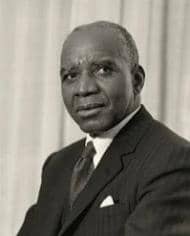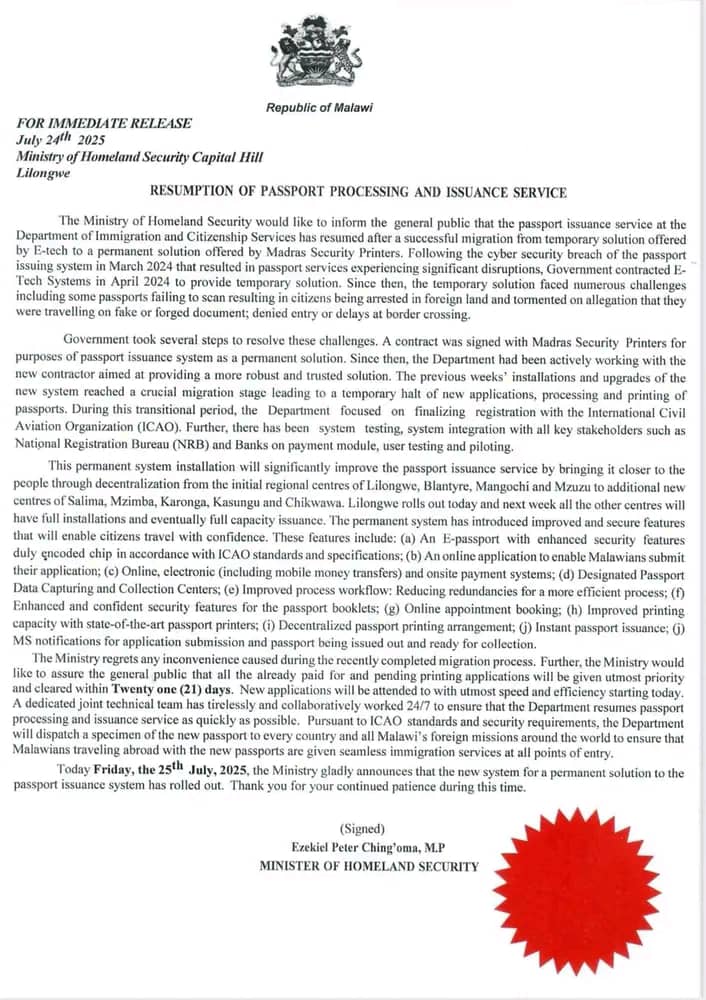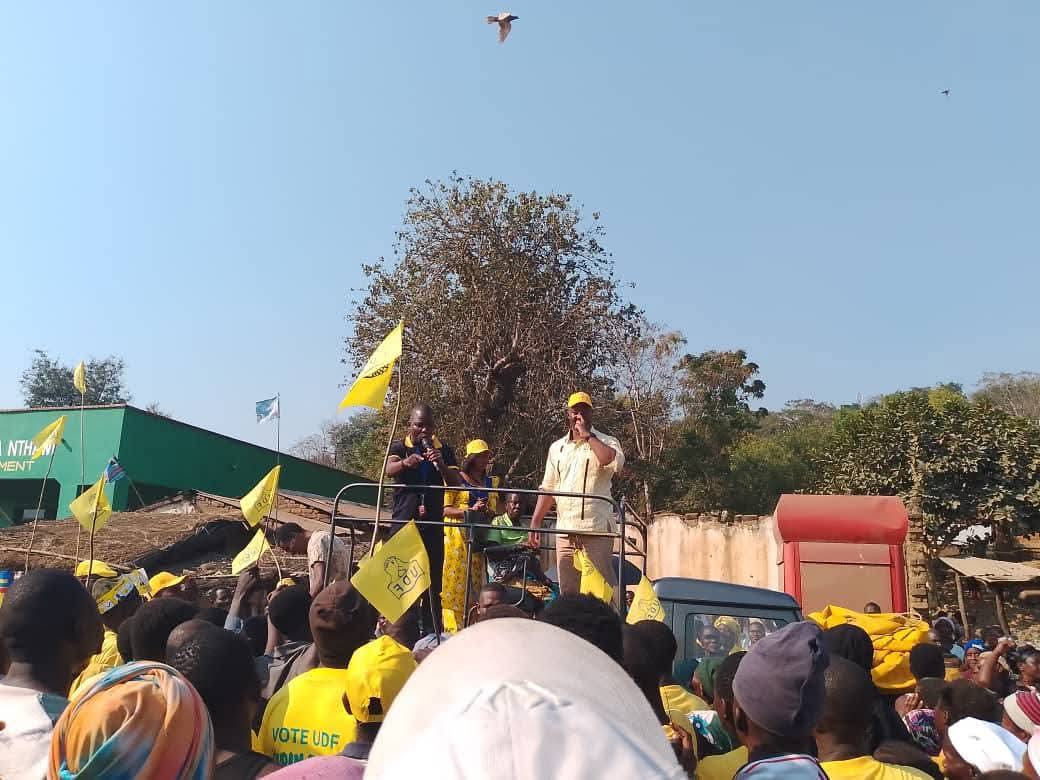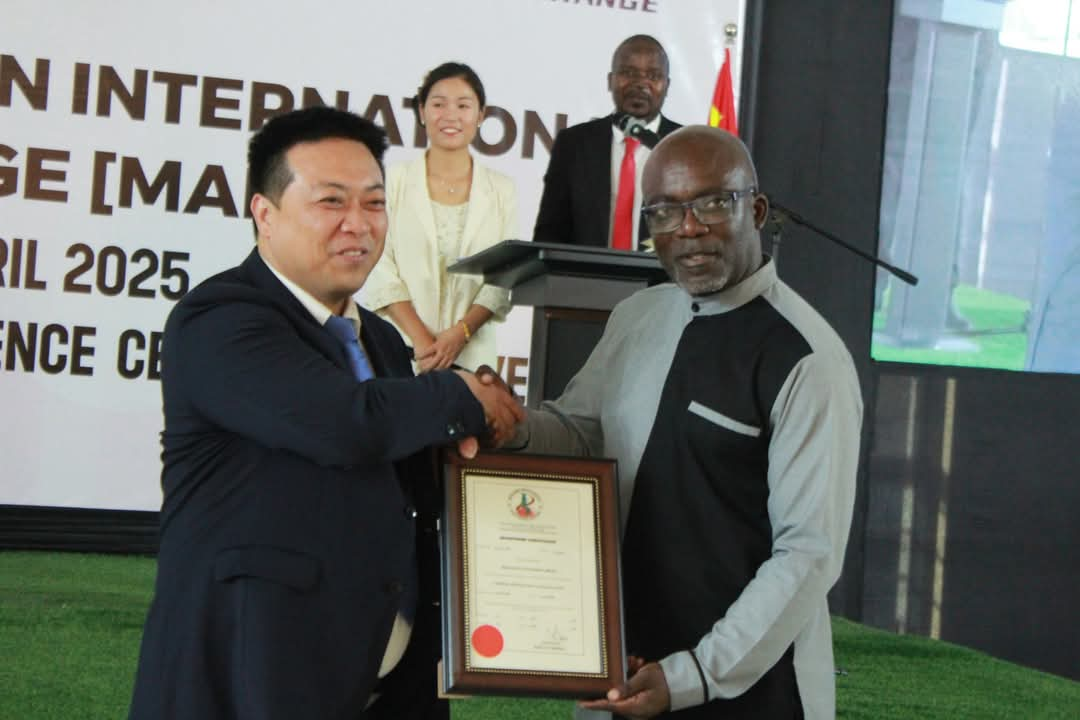By Burnett Munthali
Bakili Muluzi TV, a popular social media platform, recently shared a powerful message on its Facebook page, invoking memories of Malawi’s political past and the nation’s enduring cultural dynamics. The post, which stirred both contemplation and controversy, touches on the challenges that political leaders face when their thoughts and actions diverge from the expectations of the ruling elite.
The message begins with a strong statement: “Kamuzu ukamudzudzula, amalanda malo, nyumba ndi katundu wa munthu.” In essence, this statement reflects the harsh treatment faced by those who challenge the system. The consequences are dire—loss of land, homes, and personal belongings. The sentiment echoes the repressive nature of Malawi’s past, where dissenting voices were often punished.
Muluzi TV’s post then points to prominent figures from Malawi’s political history, such as Gwanda Chakuamba, Aleke Banda, Henry Chipembere, Yatuta Chisiza, Orton Chirwa, Matchipitsa Munthali, Chakufwa Chihana, Albert Muwalo, and Focus Gwede. These individuals, whose names are deeply ingrained in the struggle for democracy, faced challenges, including confiscation of wealth and persecution, simply for disagreeing with the powers that be. Their ideological opposition, often to a “tambala wakuda” (black goat, symbolizing a ruling elite), led to immense personal and financial losses.
The post shifts focus to Baba Malondera, another figure associated with resistance, who is described as a leader of the Game Rangers and an advocate for those seeking to challenge oppressive forces. The message highlights his leadership in confronting figures like Archbishop Thomas Msusa, revealing the extent of the conflicts and struggles within the country’s political and religious spheres.
Muluzi TV’s post is not just a reflection on the past but also an observation of the present. The post touches on the nature of political dynamics in the Malawi Congress Party (MCP), suggesting that prominent figures within the party are now seeking money—a reference to the ongoing political maneuvering that continues to affect the country’s governance.
Through these words, Muluzi TV underscores a cultural pattern that persists in Malawi’s political landscape—one where dissent is often punished, and leaders who stand out may face personal and professional ruin. This history and the continuous political struggles shape the present, as current leaders grapple with similar issues of power, wealth, and influence.
Ultimately, the post invites readers to reflect on the cyclical nature of Malawi’s political culture and its impact on the lives of individuals and the nation at large. It serves as a poignant reminder of the sacrifices made in the fight for freedom and justice, while also offering a critique of the present-day dynamics that continue to shape the country’s political trajectory.




